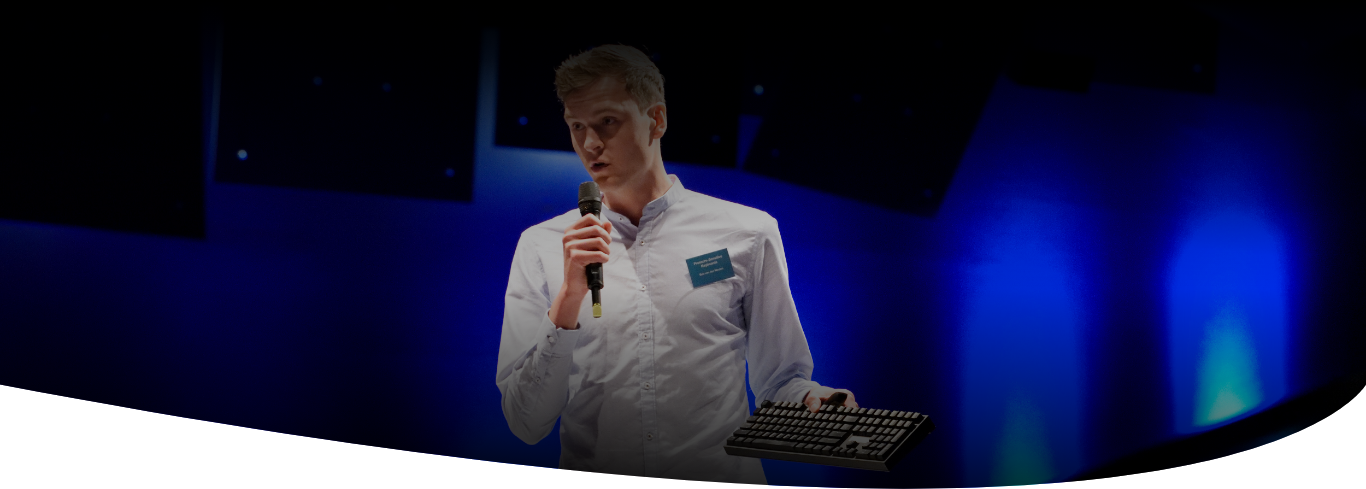Filters
Categories
Clusters
Family Mobility
People can share someone's private cars with the subscription. People who owns cars can find side businesses as well as the people who do not have cars can ride along with his or her subscription.
SAROWA
The unsustainable fashion industry, particularly the unsustainable practices during the production of clothing and mass-production of generic “fast-fashion” clothes. To illustrate, a regular cotton shirt requires 2,800 liters of water in production. This alone shows the significant resource consumption and does not yet include negative externalities that arise such as environmental pollution in terms of CO2 emission, chemical pollution & waste, etc. More importantly, 12% of all resources/raw materials (fabrics) are lost during the production process. One reason for this is overshoot liquidation because producers opt for economies of scale, meaning they purchase more raw materials than necessarily required to benefit from lower purchasing prices. Furthermore, there is an upcoming desire to have unique pieces of clothing among generation Z (also generation Y). In other words, offering clothes that allow individuals to differentiate is a deep need of the generation of strong personalities.
VECTOR Platform
Since the COVID-19 outbreak the supply chain industry is increasingly facing pressing challenges. In our business we are focusing on the shortage of containers and mismatching between warehouses and companies. As they are key challenges that influence resources scarcity, sustainability, and efficiency within the sector.
Hyper
According to the UN, the world must cut carbon emissions by 50% from 2010 by 2030 and achieve net-zero economies by 2050. The 2021 Tracking SDG7 Energy Progress Report states that today's rate of progress is insufficient. The world is not on track to achieve SDG 7. Companies need to adopt a 24/7 Carbon-Free Energy strategy that will help them understand their energy data portfolio to proactively eliminate carobon emissions in the grid. Hyper wants to tackle the proble of reducing corporations' emissions associated with electricity/energy consumtion (Scope 2) to help reach carbon neutrality. Electricity metering data is the new “gold” of the energy transition in terms of being able to run a 24/7 Carbon-Free Energy procurement strategy. However, obtaining access to such data is not easy: expensive investments and high maintenance costs for hardware devices, data interfaces as well as tedious negotiations with electricity suppliers are some of the traditional barriers.
Bottle Less
Did you know shampoo and conditioner is about 80% water? What a waste of transport, energy, and space.
GoingDutch
When people want to split a bill at a some place (e.g. a restaurant), usually a single person has to pay as a lot of places do not offer to split the bill. Someone has to defray the costs for the entire group. This places a big burden on this person and this person has to make sure he receives his money.

